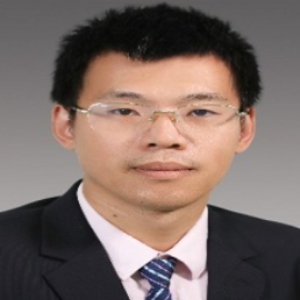Title : Improving catalytic activity and stability over mordenite for dimethyl ether carbonylation: Effect of selective acid sites removal
Abstract:
Dimethyl ether carbonylation reaction over Mordenite has gained many attentions due to its mild reaction conditions and high product selectivity. However, Mordenite still suffered from short lifetime and poor stability. In this report, we summarized our work on improving catalytic activity and stability over Mordenite for dimethyl ether carbonylation by selective removing the acid sites that were responsible for coke deposition. Taking advantage of the protection effect of the template molecules, we successfully removed the acid sites located inside the 12 member-ring channels by post alkaline or acid treatment. To investigate the modification effect of post treatment to the structure and acid sites, the obtained catalysts were characterized by XRD, N2 adsorption-desorption, SEM, 29Si NMR, 27Al NMR, NH3-TPD and FTIR. The characterization results showed that the crystallinity of all samples decreased while specific surface area and pore volume increased to some extent. Certain amount of Si species and Al species were leached out during the treatment process, thus leading to the formation of mesopores and macropores. The protective effect of templates to the strong acid sites in the 8 MR and micropores were remarkable. Without the presence of templates, part of the micropores would be destroyed and the strong acid sites would largely be removed. Over the samples that had been post treated with templates inside the micropores, the carbonylation performance still remained the same and the single-pass lifespan gradually extended due to the enhanced mass transfer efficiency and decreased acid sites in the diffusion paths. The side reactions were largely inhibited and the amount of coke deposition also decreased, which demonstrated that retaining the templates during the post treatment was an effective way to enhance the DME carbonylation performance and suppress the coke deposition during the carbonylation process at the same time.



